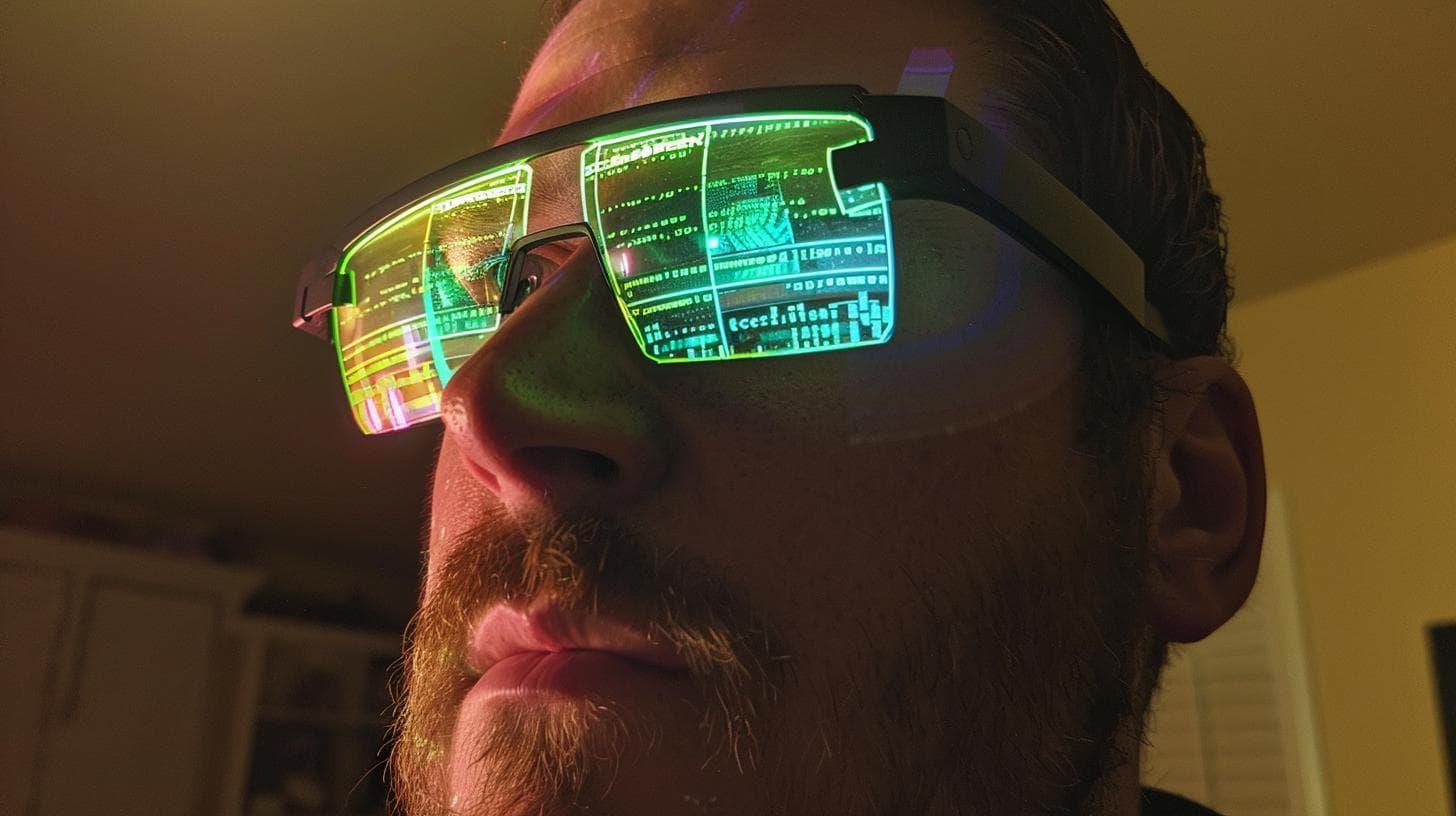AI is changing how we think about robots and creative technology. Recently, Nvidia has been working on humanoid robots that might seem like they are from a science fiction story. These robots can be trained in a simulated world before moving into real life. They could learn to navigate through a scanned version of a home, understanding and predicting various scenarios.
This tech could change our daily lives. Imagine having a robot that knows your house so well it can react to anything that happens. It can learn and adapt without being pre-programmed for every possible situation.

AI can also be a bit unpredictable. Sometimes, AI systems create information that sounds real but isn’t. This is called hallucination. While this can cause problems, some researchers are using this to their advantage. AI's unexpected ideas can lead to scientific breakthroughs. It might help in tracking diseases, designing new medicines, or even predicting weather patterns.
One example is Google's Genie 2, which is a game-changer in developing video games. With just a simple text prompt, Genie 2 can create entire games. You can ask it to make a game set on Mars or a first-person shooter, and it does it. This could revolutionize gaming. Each player might get a unique experience every time they play, making games more exciting and fresh.
The leap from simple 2D games to advanced 3D environments marks a big change. This technology could lead to games that are endlessly replayable. As AI models improve, they might even become more creative, offering new and exciting experiences for gamers around the globe.
AI's ability to dream up new realities is not limited to games. The same creativity can help in fields like cancer research or inventing medical devices. In some cases, what seems like a simple mistake can lead to incredible discoveries, much like how Alexander Fleming discovered penicillin.
As AI continues to evolve, it will be exciting to see how these hallucinations can lead to real-world innovations. Whether it's robots that understand our homes or games that offer infinite possibilities, AI is opening doors to new and thrilling futures. The next few years could show us more about how these technologies will shape our world.

